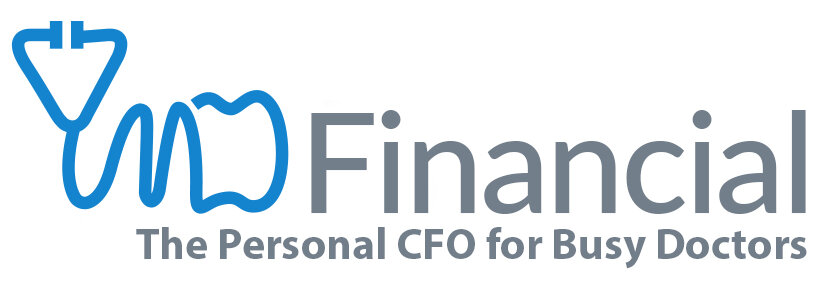How Much Home Can a Resident or Fellow Afford?
By Josh Lantz, CRPC®
CIO, MD Financial
One of the most common questions we get from final-year residents and fellows is how big of a home can they purchase when they start making attending income. The answer commonly surprises them—usually it is less than you think.
We are big proponents of renting for your first one to two years after you get to attending status. Even though buying a home can be a good long-term strategy, it can be quite painful in the short run.
Whether you are a resident, fellow, or even attending physician, we find the largest financial woes are frequently caused by overly large mortgage payments. Those doctors are “house poor”. That is because when you end up getting a home that is too big, with a correspondingly large mortgage, it is difficult for you to have enough money left over to save for your financial future or even cover emergencies. Finances become tight and create a lot of unnecessary stress.
This problem is exacerbated if you have to move in a few years and the value of your house hasn’t gone up. In fact sometimes it has gone down in value, and you can’t sell the house for the balance of your mortgage. This means to get out from under your mortgage, and move, you will have to come with cash at closing—frequently a lot of cash. Something that is usually in short supply with residents and fellows.
The first year we opened our practice in Rhode Island, 100% of our Residents/Fellows who owned a house were under water. They literally couldn’t sell their homes for the balance of their mortgage. When they had to move to a fellowship, their only option was to become a landlord and rent out their house. Even in that case, they still couldn’t rent their house for enough to cover the monthly mortgage payments and they ended up covering the additional costs even though they were now living in another locale.
This became a very expensive decision.
Take the case of Phil and Suzy, both Residents at the University of MN. (They are real people, but we changed some of the details to protect their identity.)
Phil and Suzy moved to the Minneapolis area for their residency, and promptly bought a house. They rationalized that with three kids, and a nanny, they would need a lot of additional space. True, together, their income was about $100,000 per year, which puts them in the top 10% of all income earners in the US.
So what was the problem? First, their liquid cash was gone, because they used it for the down payment. Between mortgage payments, nanny costs, day care, kids expenses and IBR payments on their loans, they literally did not have an extra dime to spend. There was no money for emergencies and certainly no funds for vacations or fun.
They couldn’t sell their house to reduce expenses because it wasn’t worth what they bought it for! Nor were they planning to stay in the Twin Cities after residency. They were stuck.
This was a very sad case because they didn’t even have enough money to buy an inexpensive term life insurance policy, which probably would have cost them about $35 per month. If anything would happen to Phil and Suzy those poor kids would have been destitute.
Phil and Suzy could have avoided this problem by thinking through their finances in advance of the purchase. By renting for a few years and having the kids double up in bedrooms, they could have saved a lot of money, and had more sanity in their lives.
Some doctors are still thinking of homes as “investments”. To me an investment is something that you can liquidate in the future and live off the income. It is extremely rare to have a doctor downsize their home to finance their retirement!
So what should you do? Do what we do: work backwards. Create a quick budget, including all your loan payments and what you will need for savings. Then figure out what you can afford for living expenses. Make sure you cover not just a mortgage or rent, but also utilities, repairs and taxes.
Also put some margin into your budget. This means if things go wrong, you will have some extra funds in your emergency fund to cover you during the crisis. The good news—you will sleep better at night and not have to call your parents for a loan!
Josh works diligently with all our teams to coordinate the services we provide for our clients. He wants to make sure all our clients have sound, fiscally responsible financial plans and feel more comfortable about their future. When not working, Josh enjoys skiing, mountain biking, MMA and riding his Yamaha motorcycle. He can be reached at Josh@mdfinancialadvisors.com.

